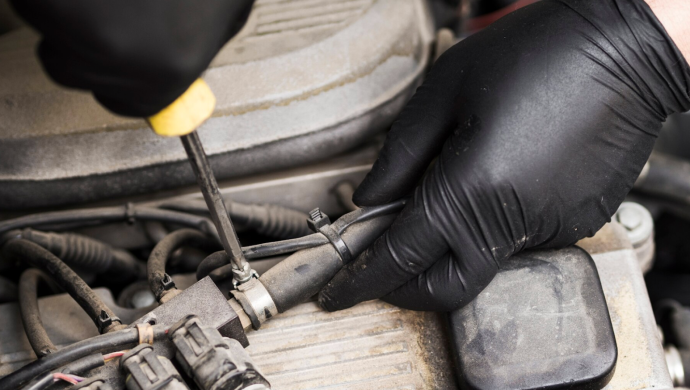In contemporary society, automobiles are essential for facilitating movement and enhancing convenience. Yet, the rising number of vehicles traversing our streets invariably escalates their detrimental effects on the environment. Issues such as pollution from exhaust gases, the exhaustion of natural reserves, and the challenges of waste management are intertwined with the automotive sector. Catalytic converters, once they’ve reached the end of their service life, play a part in this narrative and are more advantageously sold off. If this issue is important to you, then you can use the link https://autocatalystmarket.com/us/en to find a buyer. In the meantime, let’s take a closer look at the issue of ecology.
The role of catalysts in reducing exhaust toxicity
One of the key components of an exhaust gas treatment system is the catalytic converter, or catalyst. This device converts toxic substances such as carbon monoxide, hydrocarbons and nitrogen oxides into less dangerous compounds through chemical reactions.
The effective operation of the catalyst depends on many factors, including fuel quality, engine health and timely maintenance. A clogged or damaged catalytic converter not only loses its ability to clean exhaust gasses, but can also cause serious engine problems.
To ensure maximum catalyst efficiency and reduce environmental impact, it is important to:
- Carry out regular vehicle maintenance;
- Use only fuel recommended by the manufacturer;
- Replace worn or damaged catalysts promptly;
- Avoid the use of fuel additives and other substances that may damage the catalyst.
By following these simple rules, you will not only extend the life of the catalyst, but also contribute to keeping the air clean and the planet healthy.
Also Read: Ceramic Coating: Your Guide to Superior Car Protection and Shine
Everyone’s contribution to preserving the environment
Even with the advancements in technology and stringent environmental regulations, the consciousness and accountability of each individual are crucial in diminishing the environmental footprint of automobiles.
Every vehicle owner has the potential to aid in environmental conservation by adhering to straightforward guidelines:
- Opt for eco-friendly transportation alternatives like biking or public transit whenever feasible;
- Strategize your travel by consolidating errands to curtail both the distance and duration of trips;
- Ensure your vehicle is well-maintained and receive regular servicing;
- Practice fuel-efficient driving by avoiding abrupt starts and stops;
- Responsibly recycle automotive components, including catalytic converters.
It’s through a collective effort, marrying technological progress with individual commitment, that we can effectively lessen the environmental impact of automobiles and safeguard our planet for the generations to come.

